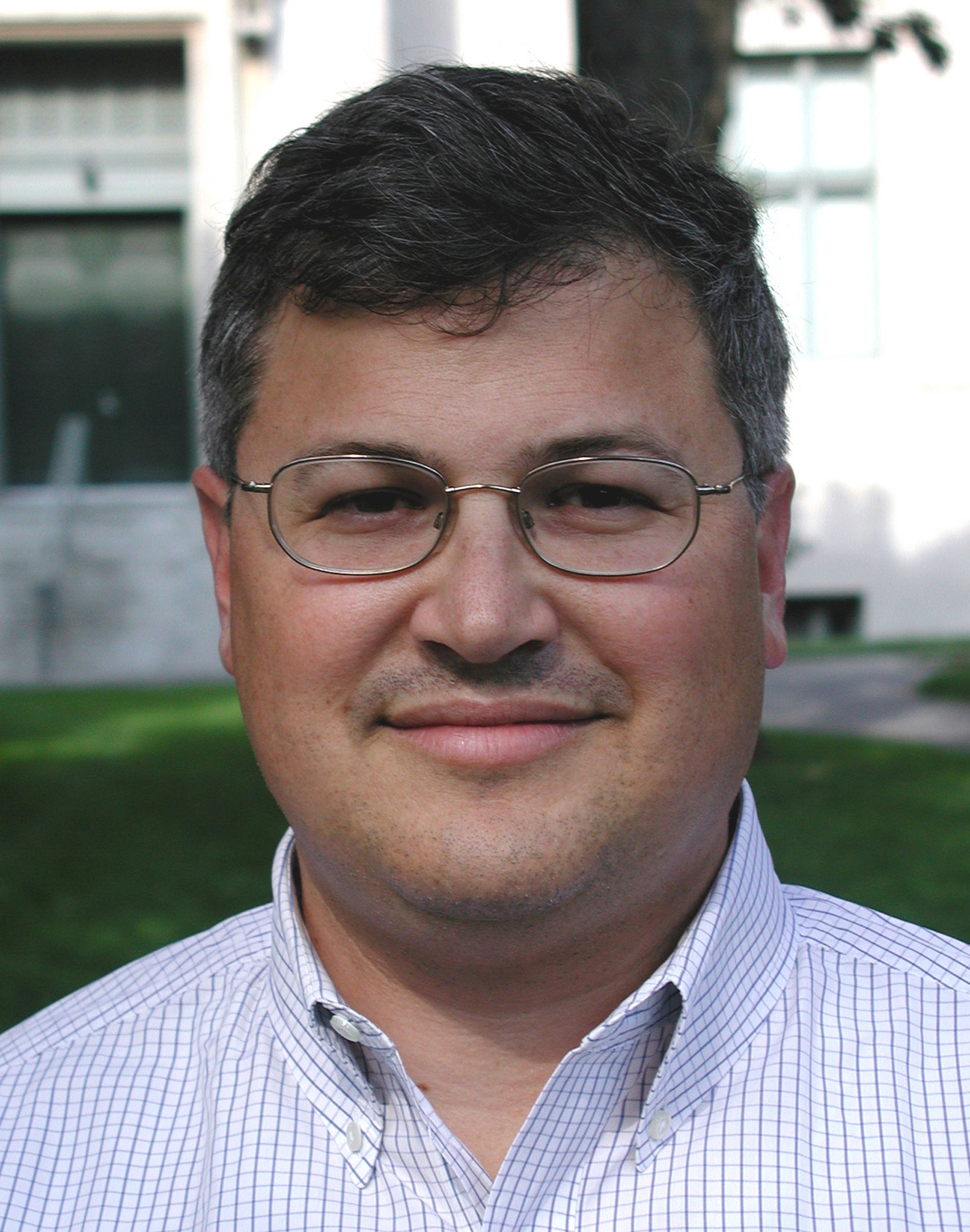In an Oct. 8 op-ed in the New York Times, Harvard Law School Professor Jack Goldsmith argues that trial of suspected terrorists – whether in criminal, civilian, or military court – is the “wrong approach.”
Arguing that prosecution is a misguided attempt by the Obama administration to establish court proceedings as a legitimate alternative to military detention, Goldsmith suggests that the administration should drop its attempts to prosecute high-level terrorists and rely exclusively on military detention, which he says has been “the main mechanism for terrorist incapacitation since 9/11.”
A former assistant attorney general in the Bush administration, Goldsmith is currently a member of the Hoover Institution’s Task Force on National Security and Law. He is the Henry L. Shattuck Professor of Law at HLS.
The Obama administration wants to show that federal courts can handle trials of Guantánamo Bay detainees, and had therefore placed high hopes in the prosecution of Ahmed Khalfan Ghailani, accused in the 1998 bombings of American embassies in East Africa. On Wednesday a federal judge, Lewis Kaplan of the United States District Court in Manhattan, made the government’s case much harder when he excluded the testimony of the government’s central witness because the government learned about the witness through interrogating Mr. Ghailani at a secret overseas prison run by the C.I.A.
Some, mostly liberals and civil libertarians, applauded the ruling, saying it showed that the rule of law is being restored. But many conservatives denounced it as proof that high-level terrorists cannot reliably be prosecuted in civilian courts and should instead be tried by military commissions.
The real lesson of the ruling, however, is that prosecution in either criminal court or a tribunal is the wrong approach. The administration should instead embrace what has been the main mechanism for terrorist incapacitation since 9/11: military detention without charge or trial.
